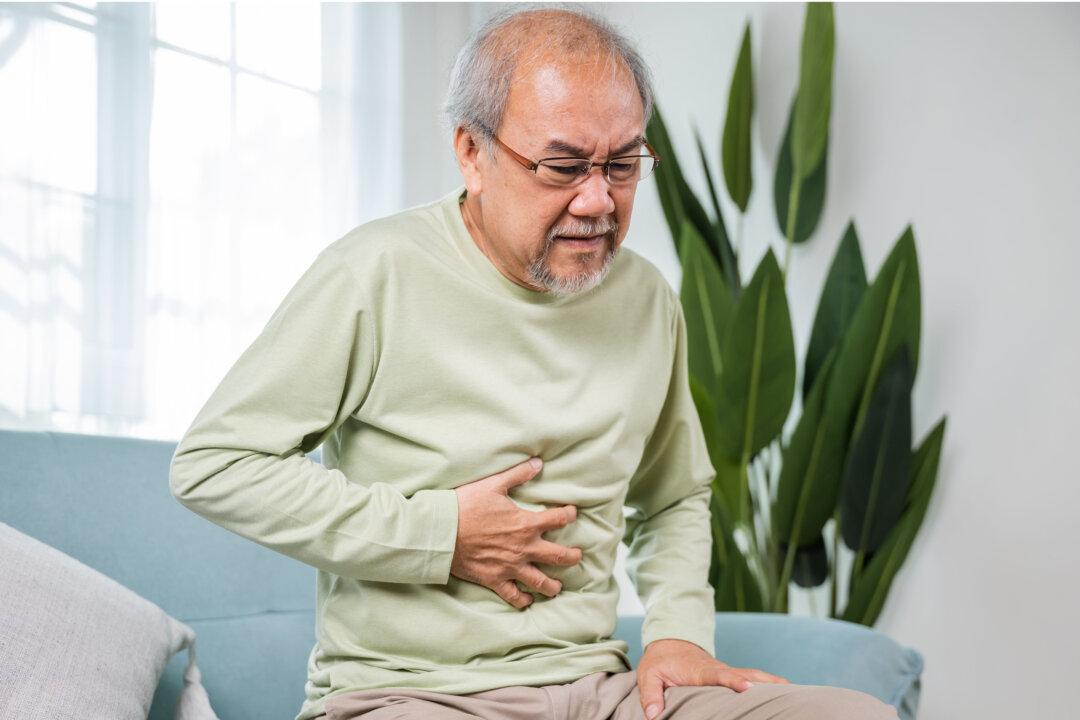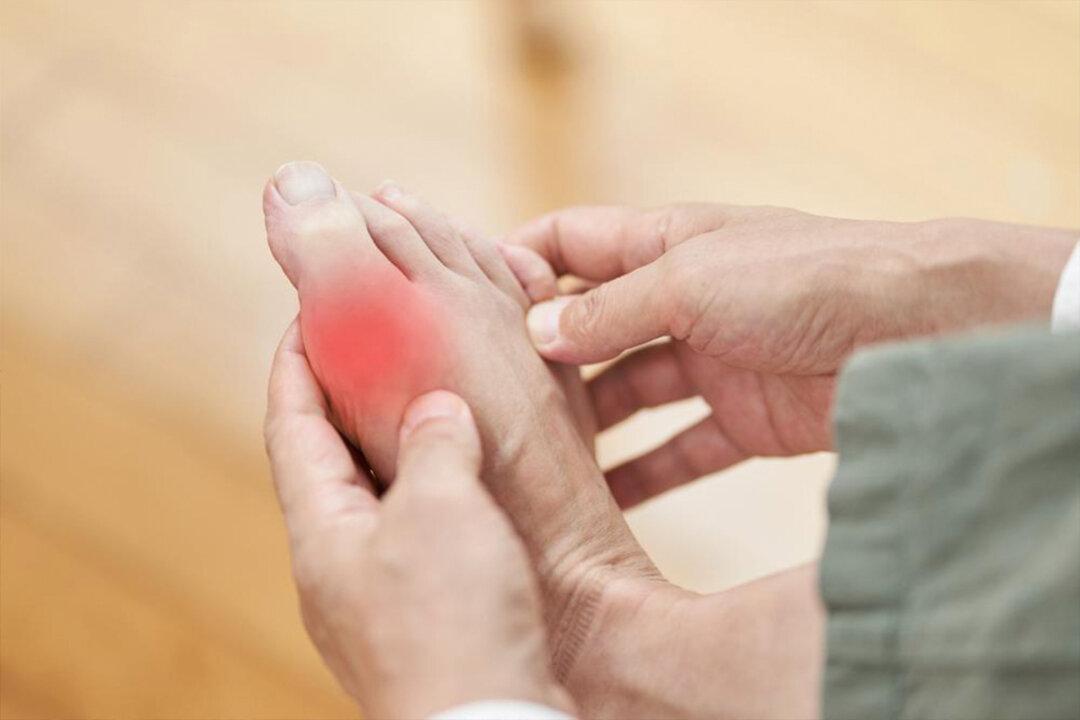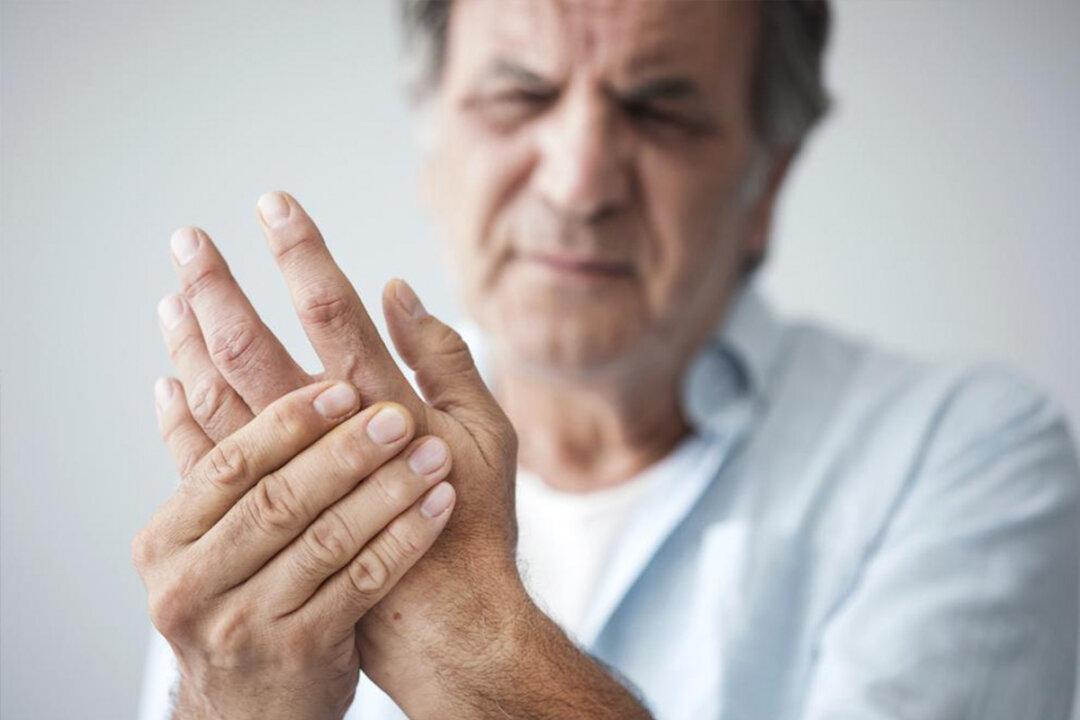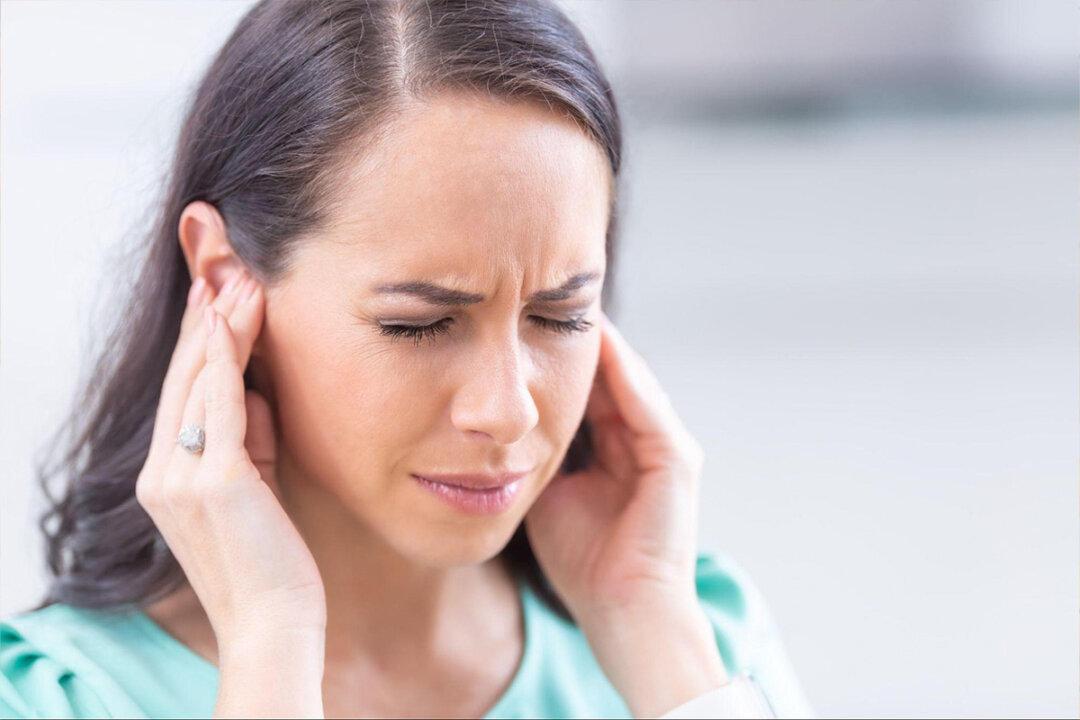Headache is a localized pain that occurs in the head, neck, or above the shoulder. Frequent headaches not only affect one’s life, relationships, and work but also have a chance of developing into depression. Dr. Teng Cheng Liang, director of the Cheng Liang Medical Clinic, suggests eight common causes of headaches, explains their sources, symptoms, and how Traditional Chinese Medicine (TCM) treats them.
Migraine
Migraine is a chronic, recurrent headache that is often accompanied by various autonomic nervous system symptoms. Migraine attacks are usually unilateral, accompanied by pulsating sensations, and can last from 2 to 72 hours. Symptoms can include nausea, vomiting, photophobia, and sensitivity to sound. These accompanying symptoms can aggravate the pain of a migraine.Clinical statistics show one-third of migraine patients can feel the start of symptoms, such as distorted vision, enhanced sensitivity to sound, light, and smell, and physical disturbance, followed by the onset of migraine.






